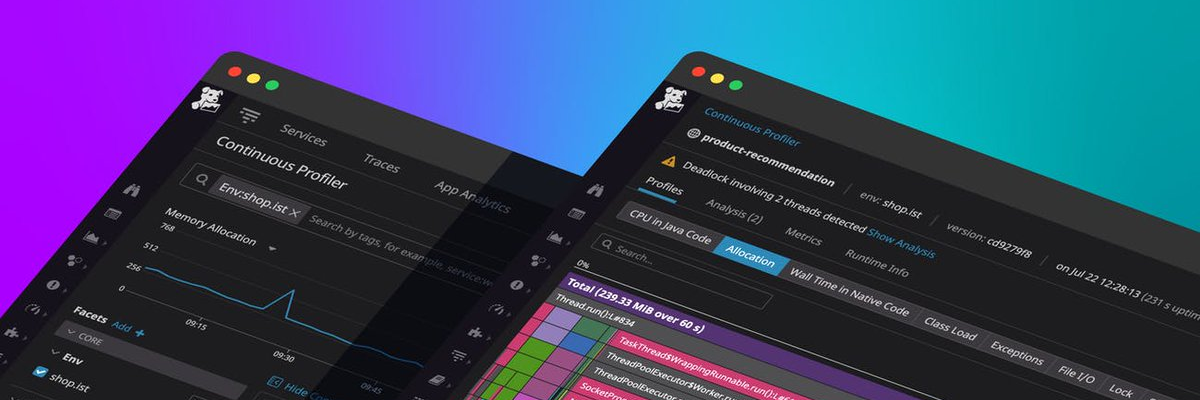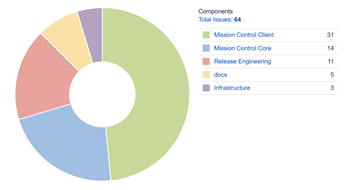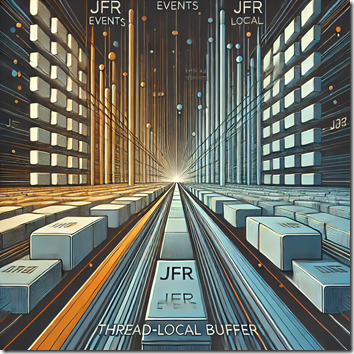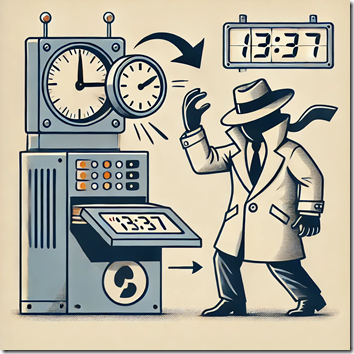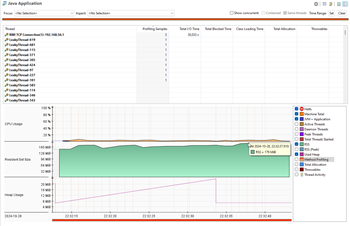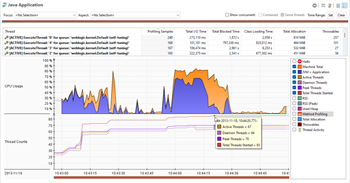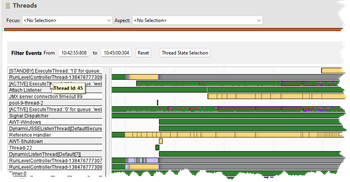The source release of JMC 9.1.0 was tagged 2025-01-31. As per usual it may take some time until vendors have binary builds of JDK Mission Control available.
Here are the release notes:
Mission Control 9.1 – New and Noteworthy
General
JMC 9.1 – New Release!
This is the latest (January 2025) release of JDK Mission Control. JMC 9.1 requires JDK 21+ to run and introduces several new features, enhancements, and bug fixes. This version continues to support connecting to, and parsing JFR recordings from, OpenJDK 8u272+ and Oracle JDK 7u40+, and can open and visualize flight recordings from JDK 7 and 8. JDK Mission Control is available for Windows (x86_64), Mac OS X (ARM and x86_64), and Linux (ARM and x86_64).
Eclipse 4.34
The Mission Control client is now built to run optimally on Eclipse 2024-12 and later. To install JDK Mission Control into Eclipse, go to the update site (Help | Install New Software…). The URL to the update site will be vendor specific, and some vendors will instead provide an archive with the update site.
Support for Jolokia JMX Connection and Discovery
JMC now supports connecting to JVMs using Jolokia, and also supports Jolokia’s auto discovery mechanism.
Minor bugfixes and improvements
There are 64 fixes and improvements in this release. Check out the JMC 9.1 Result Dashboard (https://bugs.openjdk.org/secure/Dashboard.jspa?selectPageId=23411) for more information.
Core
API to easily write annotated Java JFR events
The JFR Writer API has been extended with the ability to use the custom JFR event types (i.e. classes extending jdk.jfr.Event) and register new writer type for them and also directly accept the instances of those types to write them in the recording.
Allow primitive types in converters
Previously a converter could not be used to convert from a primitive type like long. This capability can for example be useful to convert a timestamp (type long) into a human readable string.
Rule for detecting Java process with PID 1
PID 1 is treated specially in Linux, and is assumed to be used by the init process. The init process has some additional responsibilities, such as assuming the responsibility for orphaned processes. The init process is assumed to never quit, and e.g. any signal handler registered for SIGSEV will not be run. This can be problematic, even when running in containerized environments. The rule will detect if this is the case, and propose a path to fixing it (e.g. using tini).
The halt rule result has been improved
The halt rule will now show a table of the top 5 thread halting VM operations.
Better descriptions for the code cache rule
The descriptions for the code cache rule have been improved, highlighting what the effects of a full code cache can be and what actions to take to increase the size of the code cache.
Add support for the new allocation profiler in rules
The following rules have been updated to be able to use the new ObjectAllocationSample events: AllocationByClassRule, AllocationByThreadRule, AutoBoxingRule.
Java Flight Recorder (JFR)
JMC displaying long value in scientific notation
The TLSHandshakeEvent.java records “Certificate Id” as a long value, and JMC was showing it in scientific notation. This was also true for process identifiers. This has now been fixed.
Showing RSS
JMC will now show the the resident set size (RSS), both on the memory page as well as the java application page. The RSS can for example be helpful when trying to determine if there is a native memory leak or heavy native memory fragmentation occurring. The RSS graphs can be toggled on and off using the check box legends to the right of the graphs.
Showing thread counts
JMC will now show thread counts on the java application page. This can for example be useful when trying to determine if there is a thread leak. The thread count graphs can be toggled on and off using the check box legends to the right of the graphs.
Thread id on hover
In the threads page, hovering over a thread name will show the threadid in the tooltip.
Bug Fixes
Area: Platform
Issue: 8306
Synopsis: Missing plug-ins while installing JMC in an Eclipse IDE
Mission Control would fail to install because some third party libraries were not included in the update site. This has now been fixed.
Area: Core
Issue: 8295
Synopsis: Shutdown event type id was not properly translated for Oracle JDK 8
The shutdown event type id for legacy Oracle JDK 8, leading to the shutdown time and shutdown reason not being properly displayed on the JVM Internals page.
Area: Core
Issue: 8287
Synopsis: Fix the JMX protocol extenders
The JMC protocol extension mechanism was broken in JMC 9.0.0 when some code was migrated from application to core. This has now been fixed.
Area: Core
Issue: 8303
Synopsis: NPE when running jfr rules reports
The rules report could throw NPEs when an accessor for an attribute could not be found. That has been fixed, and the faulty query responsible for the reported problem has been fixed as well.
Area: JFR
Issue: 8248
Synopsis: Low contrast for the stacktrace view when running in windows high contrast mode
With high contrast mode enabled in Windows 7 and above the contrast on the Stacktrace View was quite low, with the values being barely visible. This has now been fixed.
Known Issues
Area: JFR
Issue: 7071
Synopsis: JMC can’t attach to jlinked JVMs
This one is still under investigation, but it seems JMC can’t attach to certain jlinked images.
Area: JFR
Issue: 7003
Synopsis: The graph view, heatmap view and dependency view does not work on Windows
This is due to a problem with the Windows based browser component in SWT. We’re hoping for a fix in the component for a future version of the Eclipse platform.
